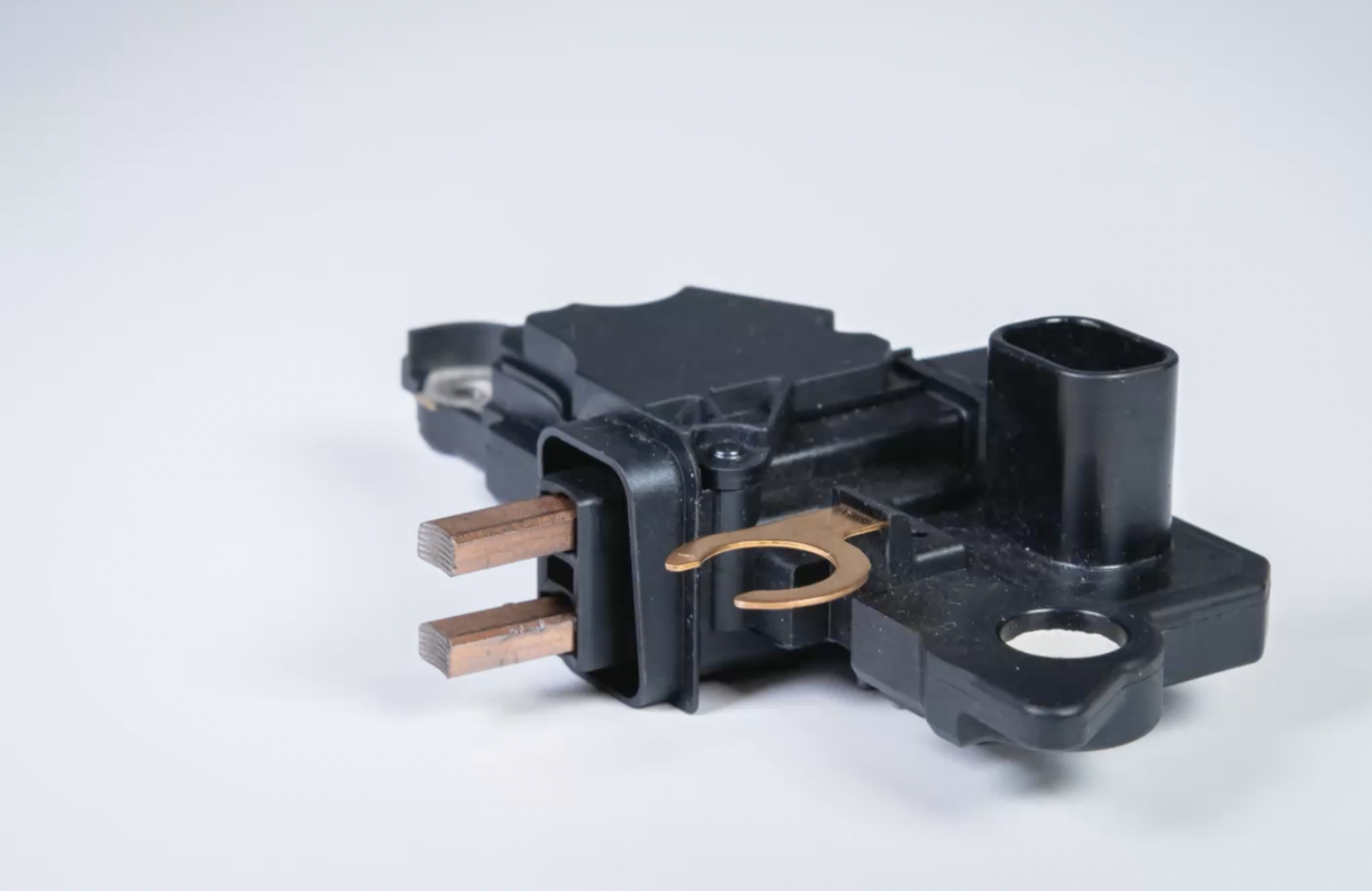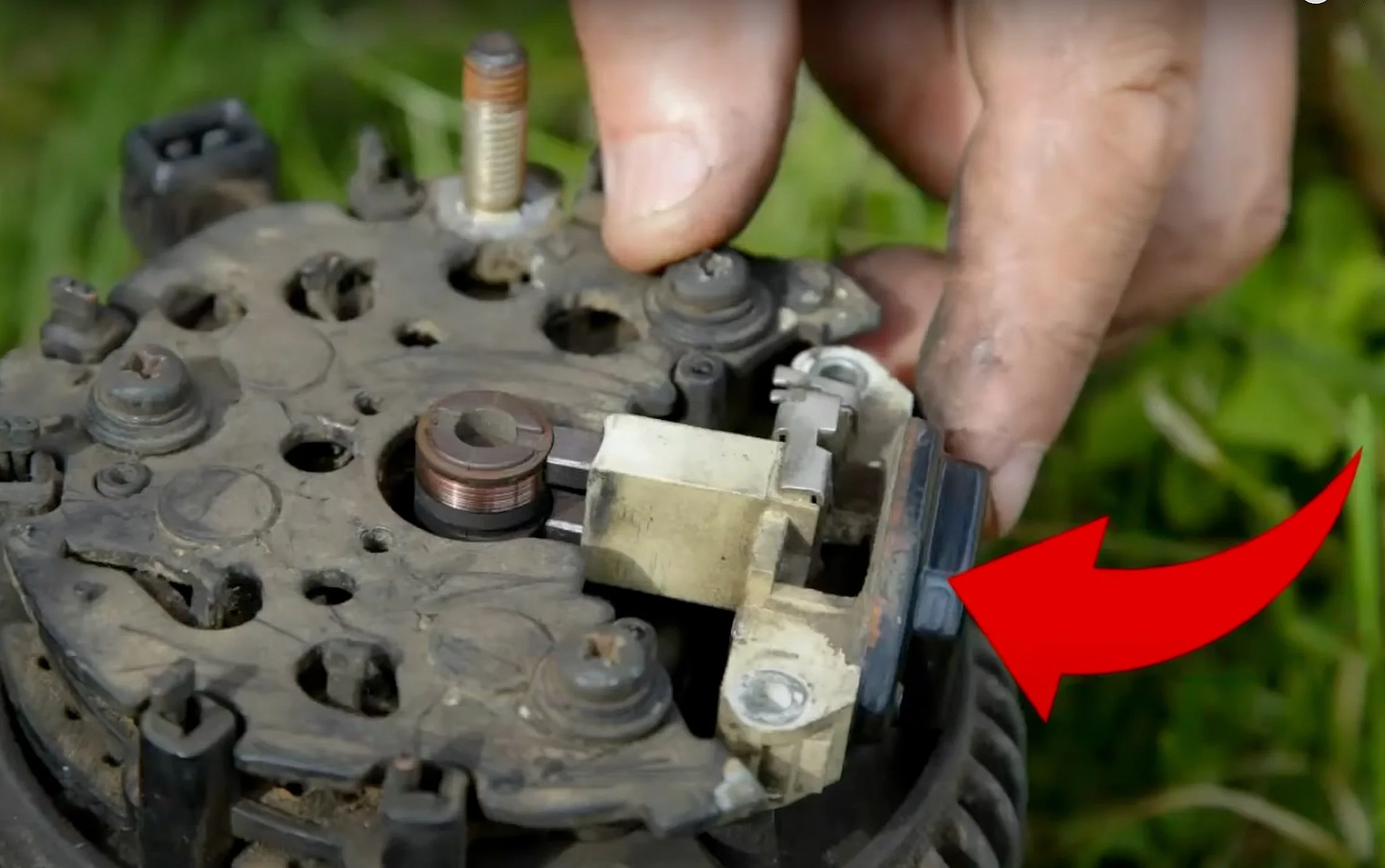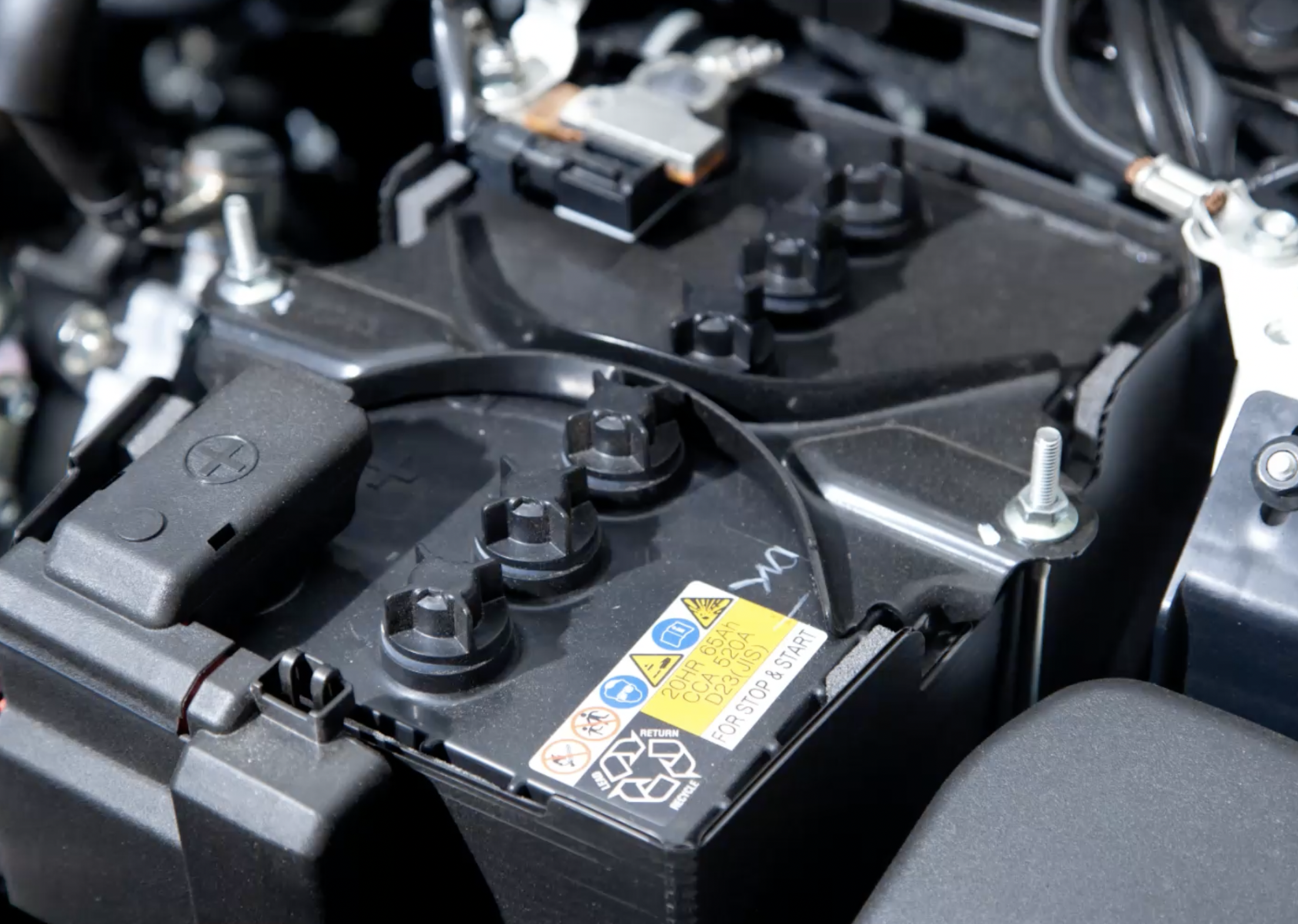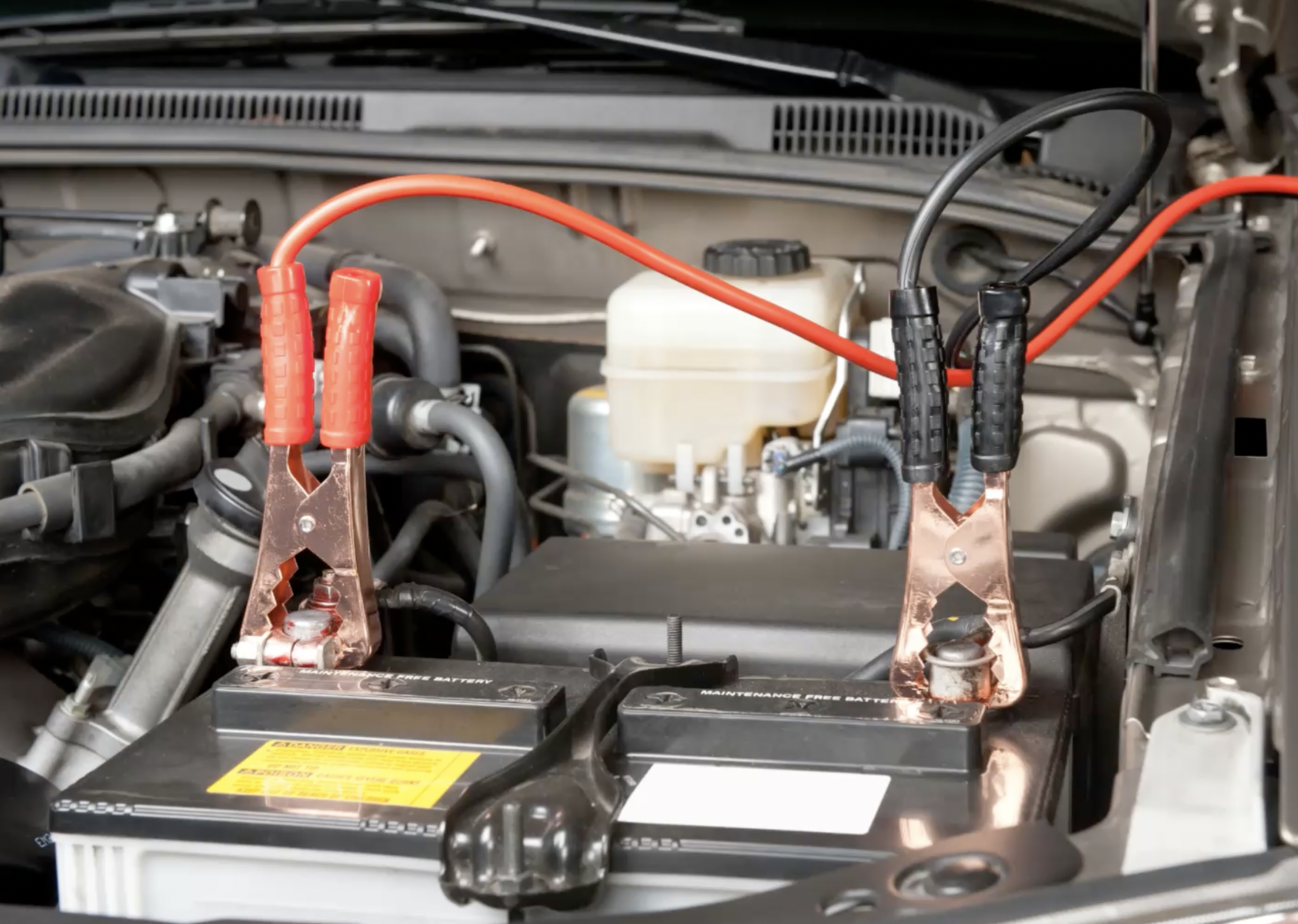5 SYMPTOMS OF A BAD VOLTAGE REGULATOR
PURPOSE
The purpose of the voltage regulator is to prevent the alternator from undercharging or overcharging the battery. This helps keep your battery charged to start your car. It also prevents battery damage from overcharging.
location
In most cars, the location of the voltage regulator is either attached to the alternator or inside of it. In older cars with carburetors, it could be found on the firewall. Some newer cars don't have a voltage regulator, instead, the alternator voltage is controlled by the engine control module (ECM). If you're having trouble finding it, here is an excellent car repair manual.
The voltage regulator can fail in two different ways, it can either restrict the correct amount of voltage to charge the battery, or it can send too much voltage to the battery. Both will create different types of symptoms that we’ll talk about today.
symptoms
warning lights
The first symptom of a faulty voltage regulator is having warning lights on. More specifically a battery light will come on. In some situations, these lights may turn on as well:
SRS
TCS
ABS
BRAKE
discharged battery
The second symptom is a discharged battery. You’ll be trying to turn on your car only to find out it won’t start. This can be caused by the voltage regulator limiting the amount of voltage needed to charge the battery. This results in the battery not having enough power for the starter to crank your engine and start your car.
dead battery
The third symptom of a faulty voltage regulator is a dead battery. You’ll notice that your battery is needing a replacement before its expiration date. This can happen if the voltage regulator is overcharging the battery. Specifically, anything over 15 volts can damage it.
headlight problems
The fourth symptom of a bad voltage regulator is having headlight problems. You may notice your headlights increase in brightness as you accelerate or on the flip side, you may notice them more dim than usual.
blown fuses
The last symptom you could be experiencing with your car is blown fuses. A bad voltage regulator can cause the alternator to overcharge the battery, therefore, increasing the voltage. According to Ohms's law (voltage/resistance = amperage), as voltage increases, so does amperage, and if amperage exceeds what the fuse is rated for, the fuse will blow.
Check out my YouTube video!
Disclaimer: Some links in this article may be affiliate links.








